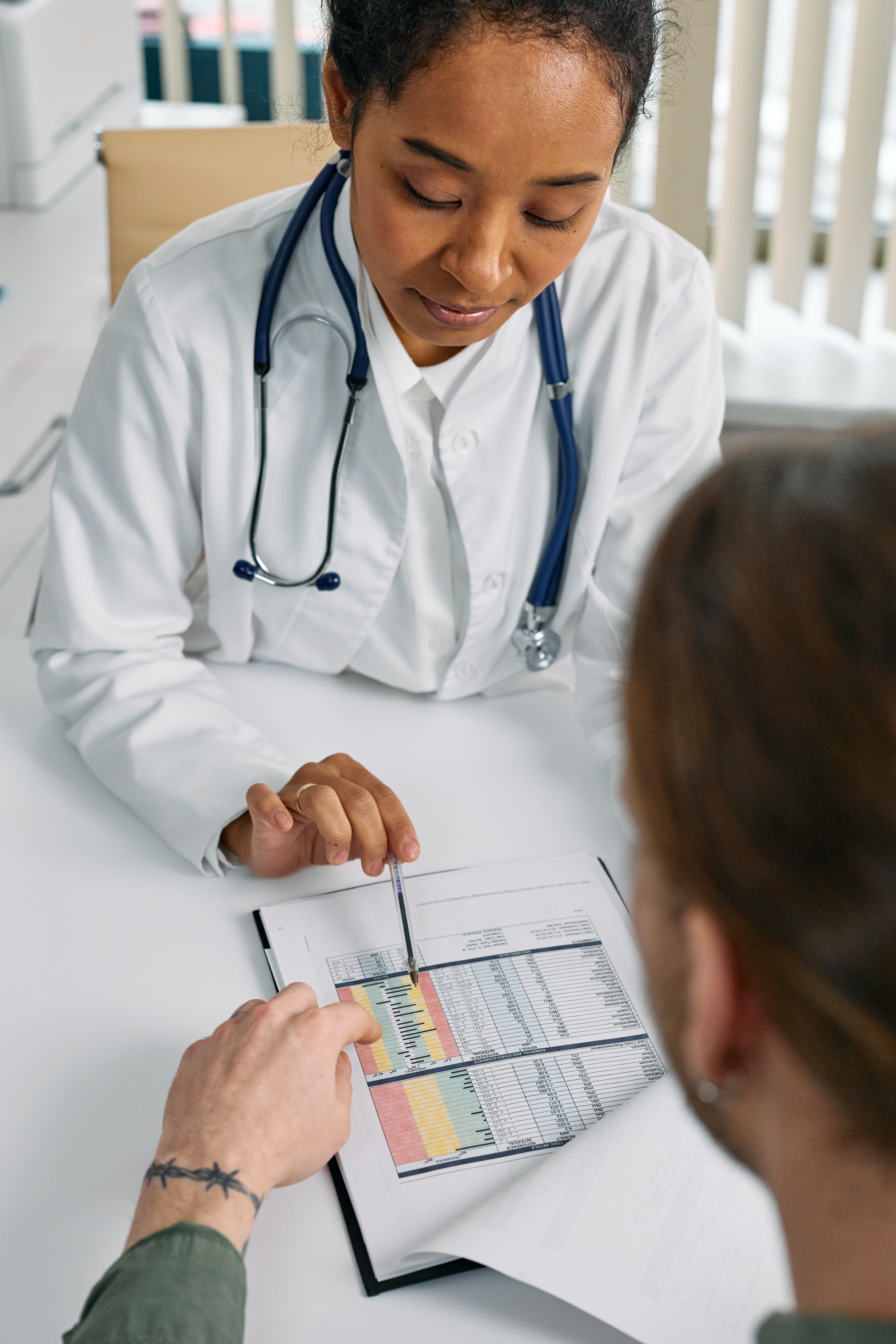
Perhaps you’ve been struggling with symptoms for months that you couldn’t understand. Fatigue, irritability, loss of appetite, and lack of interest in favorite things made you feel like you just weren’t yourself.
Maybe you wondered if it was a physical illness and were surprised when your doctor diagnosed you with depression. Or perhaps you were not surprised. Either way, being diagnosed with depression can be confusing.
No one wants to struggle with depression, and you likely have lots of questions. When will I get better? How can I get better? Fortunately, you are not alone.
Several treatment options exist, often used in conjunction with each other. Your healthcare providers can help you work through the best ones for you. In the meantime, here are a few of your options.
Counseling
Seeking mental health treatment with a professional therapist is a great place to start. A therapist, counselor, or psychologist can help you sort through the factors that led to your diagnosis. They’ll also help you learn ways of reframing your thoughts and self-talk.
Counselors can draw upon a variety of therapeutic approaches. As they work with you, they can adapt the methods they use and tailor sessions for your unique needs.
A therapist can also determine if family therapy can be helpful as you deal with your depression. Depression doesn’t just affect the one who has it, but those they love as well.
If you meet with a therapist but don’t find them to be a good fit, don’t hesitate to keep looking. Having a good rapport with a counselor is essential and aids in treatment progress.
Also, regular appointments let you check in with someone who has a helpful, outside perspective. They can guide you through improvements or setbacks.
 A Thorough Physical
A Thorough Physical
It’s crucial to remember to look for underlying physical causes that can contribute to depression. Your physician should order complete thyroid and vitamin panels and check for other possibilities. Low progesterone in middle-aged women can sometimes be a contributing factor, as well.
Medication
Many physicians will immediately prescribe an anti-depressant upon your diagnosis. Be sure to question your doctor in-depth about side effects, dosing, reactions, and treatment length.
Keep in mind that there are several classes of anti-depressants. Each works a little differently, but all are intended to help boost “feel good” neurotransmitters in your brain. Medication can help significantly, but it often has unpleasant side effects. Ask your doctor about combining medicine with therapy.
It’s important to note that the first medication you try may not work. Finding one that does work can take some trial and error. Your doctor might be able to order genetic tests to identify the most effective medication for you.
As a final note, consider seeing a psychiatrist if you can. Psychiatrists hold an in-depth, comprehensive knowledge of anti-depressants and other medications that might be helpful for you.
At-Home Treatment
It can be helpful to take a holistic view when treating depression. Along with counseling and medication, consider steps you can make at home to support those efforts.
Many people find regular exercise necessary when managing depression. Reducing sugar and caffeine intake can also help. Likewise, doing what you can to promote proper nutrition in your meals is also vital.
Also, lean on friends and family for support. Try to bring laughter into your life when you can. Finally, learning stress management skills that you can practice at home might be beneficial. These can include short mindfulness exercises, breathing exercises, and other steps.
—
Depression is not something you should try to handle on your own. If not treated, it can become worse and lead to more significant problems. At New Perspective we have many years of experience helping people as they journey through depression.
New Perspective Counseling is a group practice dedicated to emotional wellness and healing. Our caring therapists provide psychotherapy, individual, marriage, and family counseling in our Highland, Michigan office. We are located conveniently near Milford, White Lake, Commerce Township, Holly, Hartland, and Brighton, Michigan.
